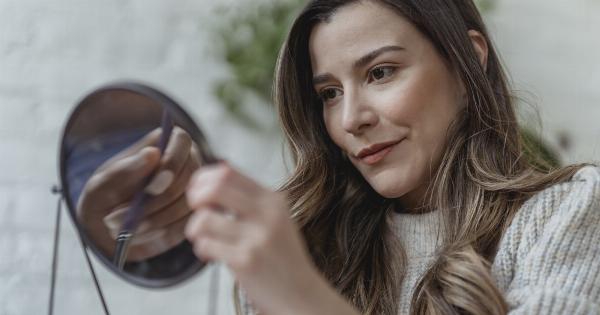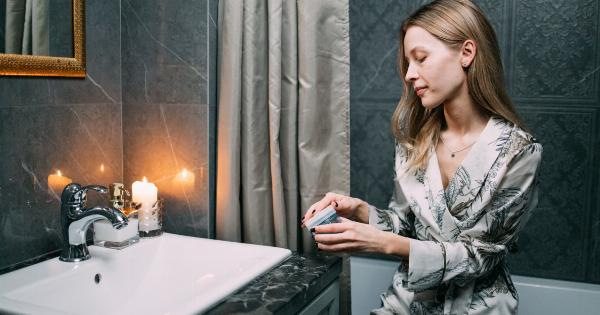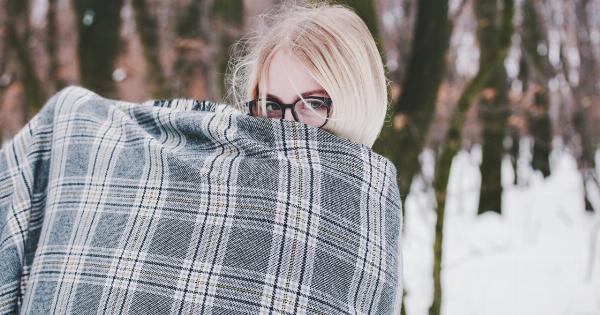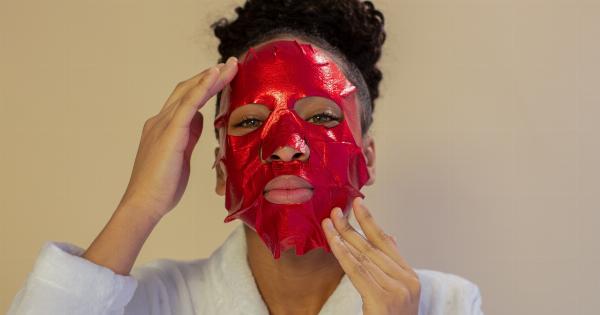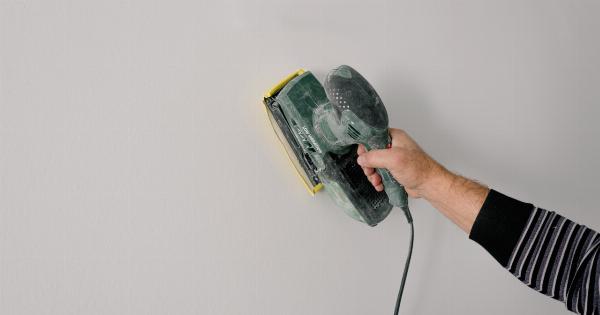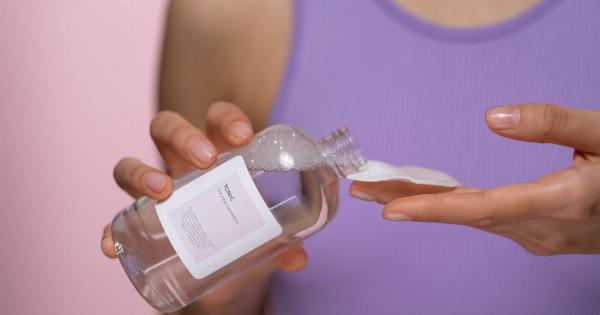Acne is a common skin condition that affects people of all ages, genders, and skin types. It can be caused by various factors, including genetics, hormonal imbalances, stress, and poor skin hygiene.
However, there are some bad habits that can worsen your acne and prevent it from healing. In this article, we will discuss the worst habits for your acne and provide tips on how to fix them.
1. Picking or Popping Your Pimples
One of the most common and damaging habits for acne-prone skin is picking or popping pimples. This can cause irritation, inflammation, and scarring, and can spread bacteria to other parts of your face.
Moreover, popping a pimple can push the bacteria and pus deeper into the skin, leading to more severe acne.
To avoid this bad habit, try to resist the urge to pop or pick at your pimples, and instead focus on preventing and treating them with proper skincare and lifestyle habits.
2. Using Harsh or Irritating Skincare Products
Sometimes, the products we use on our skin can worsen our acne instead of improving it. Harsh or irritating ingredients such as alcohol, fragrances, and sulfates can dry out the skin and cause redness, irritation, and acne breakouts.
To fix this habit, choose gentle, non-comedogenic, and fragrance-free skincare products that are suitable for your skin type.
Look for products that contain acne-fighting ingredients such as salicylic acid, benzoyl peroxide, or tea tree oil, but use them in moderation and follow the instructions carefully.
3. Neglecting Your Skin Hygiene
A lack of proper skincare and hygiene can also contribute to the development and worsening of acne.
If you don’t cleanse your skin regularly, remove your makeup before bed, or change your pillowcase frequently, you can accumulate dirt, oil, and bacteria on your skin, which can clog your pores and cause acne.
To improve your skin hygiene habits, make sure to cleanse your skin gently twice a day with a mild cleanser, remove your makeup thoroughly before bed, exfoliate once or twice a week to remove dead skin cells, and change your pillowcase every few days or use a clean towel or cloth to cover your pillow.
4. Eating a Poor Diet
Your diet can also affect your skin health and worsen your acne. Consuming high amounts of processed foods, sugar, dairy, and greasy or fried foods can trigger inflammation in your body and contribute to acne breakouts.
To fix this habit, try to eat a balanced and healthy diet that includes plenty of fruits, vegetables, lean proteins, whole grains, and healthy fats.
Avoid or limit your intake of sugary, processed, and greasy foods, and try to drink plenty of water to hydrate your skin from the inside out.
5. Skipping Your Sunscreen
While sun exposure can improve some types of acne, it can also damage your skin and make your acne worse in the long run.
Sunburns, premature skin aging, and hyperpigmentation can all happen if you skip your daily sunscreen or use a product that is not suitable for your skin type or needs.
To avoid this bad habit, make sure to wear a broad-spectrum sunscreen with an SPF of 30 or higher every day, even on cloudy or rainy days.
Choose a sunscreen that is non-comedogenic, oil-free, and suitable for your skin type and needs, and apply it generously and frequently throughout the day.
6. Stressing too Much
Stress can also affect your skin and worsen your acne, as it can trigger hormonal changes, inflammation, and increased oil production in your skin.
Moreover, stress can disrupt your sleep, diet, and skincare habits, leading to poor skin health and acne breakouts.
To fix this habit, try to manage your stress levels through relaxation techniques, such as meditation, yoga, or deep breathing exercises.
Take breaks from work or school when you feel overwhelmed, and make time for activities that you enjoy and that make you feel calm and happy.
7. Sleeping with Your Makeup On
Sleeping with your makeup on can clog your pores, trap bacteria and oil in your skin, and cause acne breakouts, inflammation, and irritation.
Moreover, the makeup products themselves can contain harsh or irritating ingredients that can damage your skin and make your acne worse.
To avoid this bad habit, make sure to remove your makeup thoroughly before bed using a gentle cleanser or makeup remover.
Apply your skincare products and let your skin breathe overnight, and repeat this habit every night to keep your skin clean, healthy, and free from acne.
8. Smoking or Drinking Too Much
Smoking and excessive drinking can also worsen your acne and damage your skin in multiple ways. Smoking can decrease your skin’s elasticity, collagen production, and blood flow, leading to premature aging, wrinkles, and acne.
Moreover, drinking alcohol can dehydrate your skin, disrupt your hormone levels, and impair your liver function, leading to acne breakouts and other skin issues.
To fix this habit, try to quit smoking or reduce your cigarette intake gradually, and replace it with healthy habits such as exercise, meditation, or hobbies.
Limit your alcohol intake to moderate levels, drink plenty of water, and make sure to get enough sleep and rest.
9. Using Dirty or Shared Items
Using dirty or shared items such as towels, makeup brushes, cell phones, or gym equipment can also contribute to the spread and accumulation of bacteria and oil on your skin, leading to acne breakouts.
To fix this habit, make sure to clean and sanitize your personal items regularly, and avoid sharing them with others.
Use a separate towel for your face, clean your makeup brushes and sponges weekly, wipe your cell phone with an alcohol pad or sanitizer, and bring your own towel or mat to the gym.
10. Ignoring Your Acne Symptoms
Ignoring your acne symptoms or delaying your treatment can also worsen your acne and prevent it from healing.
Acne can sometimes indicate underlying health issues, hormonal imbalances, or allergies, and can affect your self-esteem and mental health as well.
To fix this habit, make sure to seek medical advice from a dermatologist or a healthcare provider if your acne persists or worsens despite your efforts.
They can diagnose your condition, prescribe appropriate treatments, and provide you with tips on how to manage your acne and prevent future breakouts.






